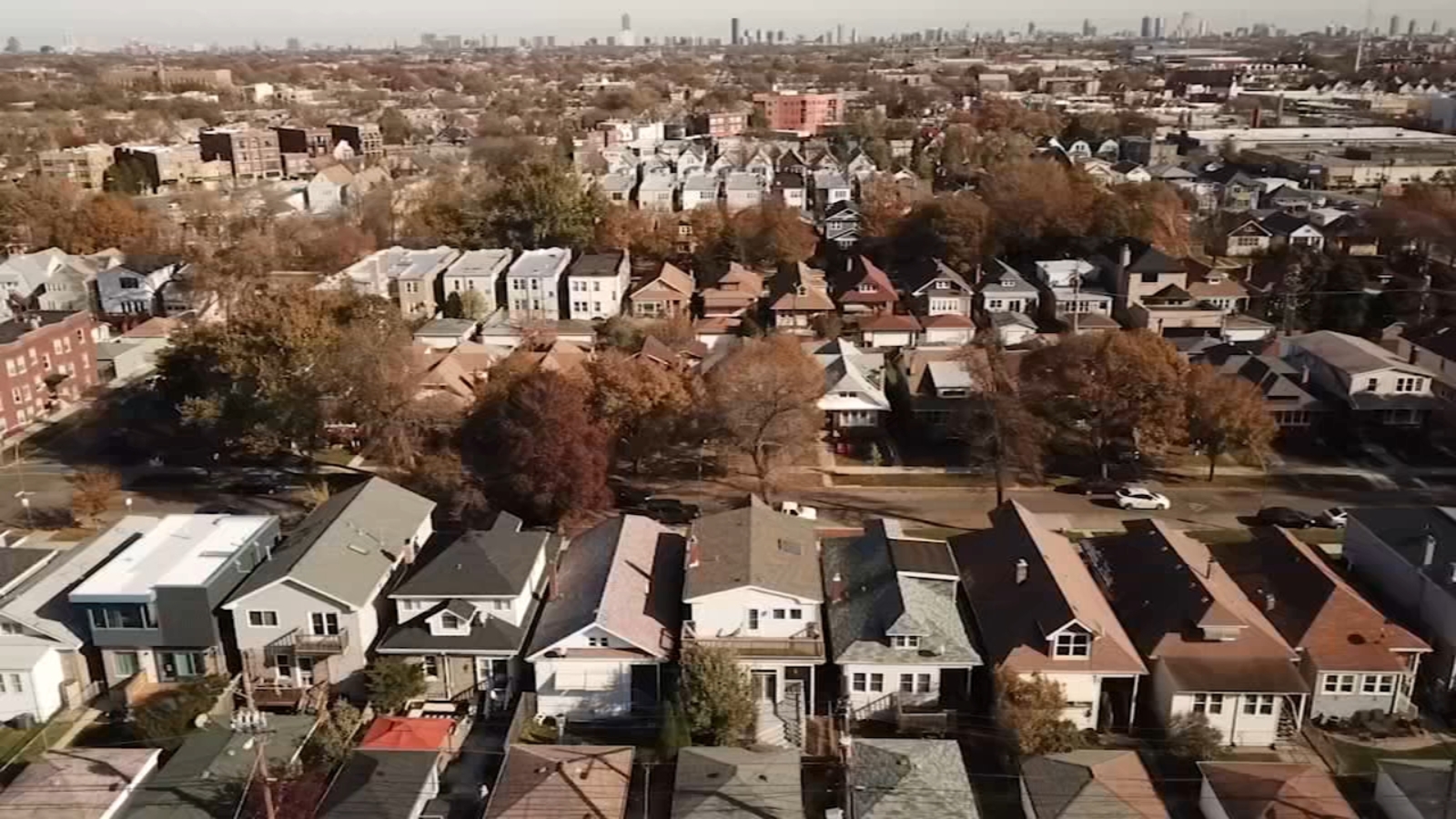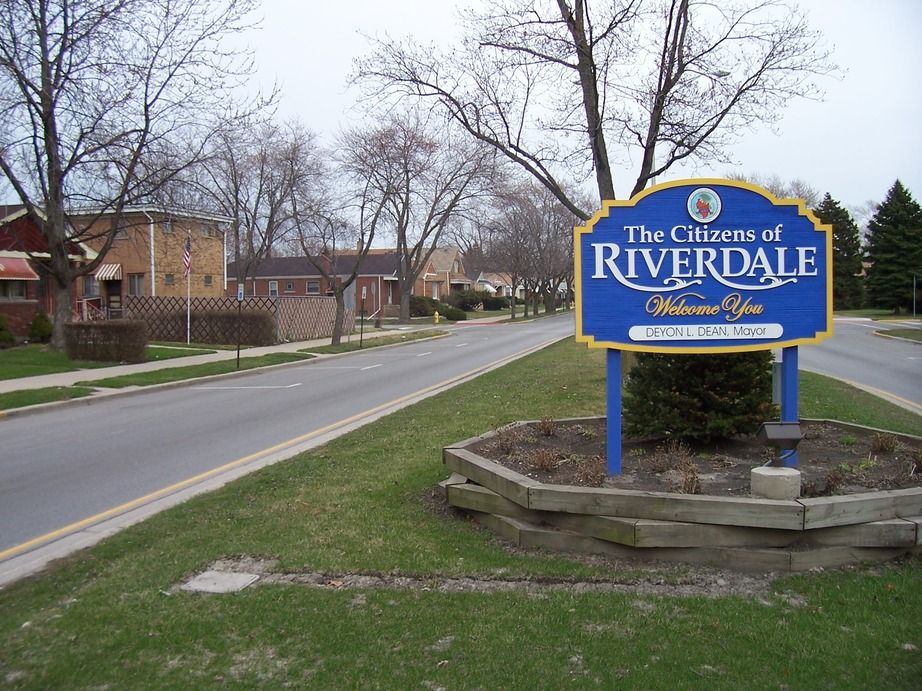Here are the neighborhoods in Chicago you should be avoiding.

Englewood ranks second on the list of the most dangerous neighborhoods in Chicago. (Photo: ABC7 Chicago)
The Problems With The Neighborhoods In Chicago
Chicago is a city of contrasts, with the glitz and glamour of the Magnificent Mile coexisting with high crime rates and disadvantaged neighborhoods.
According to a published article by the Southwest Journal, one of the most dangerous neighborhoods in Chicago is Riverdale, located between the heart of the city and Chicago Heights. It is considered one of the most dangerous neighborhoods in Chicago since it has a high level of unemployment and poverty, with some areas resembling third-world countries.
Englewood, another one of the most notorious neighborhoods in Chicago, has a high crime rate and a dwindling population. Washington Park is also one of the toughest neighborhoods in Chicago to live in due to high unemployment rates, but it offers some cultural attractions.
Fuller Park is also one of the neighborhoods in Chicago that is known for its high crime rate and struggling economy. It has a population of 2,348 and residents face a 13.6% unemployment rate and a median income of $22,962.
West Englewood is another one of the worst neighborhoods in Chicago that are characterized by low home values, low-income levels, and high crime rates. It has a population of 30,662 and residents often have limited resources.
Burnside is also one of the worst neighborhoods in Chicago and has been dealing with economic challenges since the closure of local manufacturing facilities. It has a population of 2,423 and a median income of $25,642.
South Deering is one of the southernmost neighborhoods in Chicago and was once supported by local steel refineries. However, it now faces economic difficulties with a 14.5% unemployment rate and a median income of $37,207 among its 14,598 residents.
Dollar Stores In Chicago
In a published article by WBEZ, a proposed city ordinance could potentially limit the number of dollar stores and impose cleanliness and maintenance requirements. Critics argue that dollar stores prevent grocery stores and other retailers from operating in certain neighborhoods.
However, supporters argue that dollar stores, owned by national corporations, serve as a necessary option for customers in low-income areas without access to full-service grocery stores.
READ ALSO: The Bustling Cities In Virginia And Their High Crime Rates
























